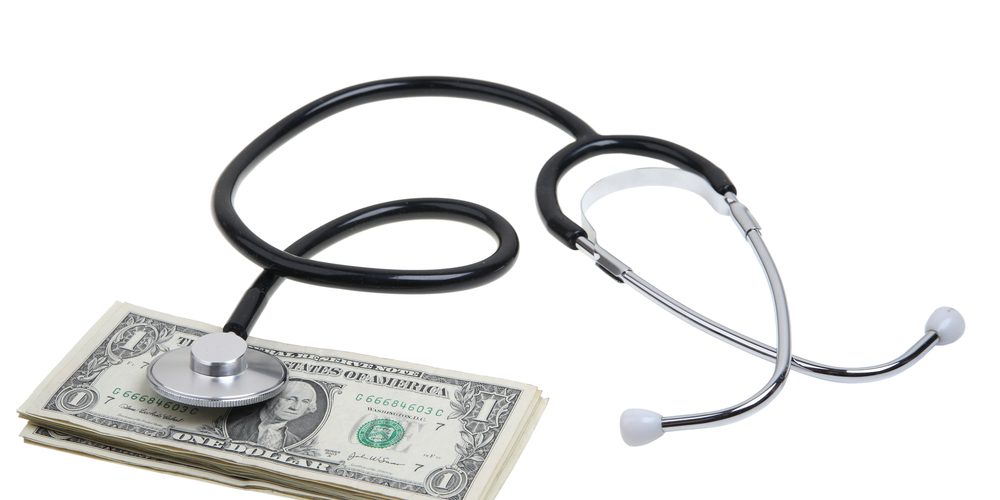A man from Philadelphia PA has been arrested in connection with a $700,000 personal protective equipment (PPE) fraud scheme. He is accused of engaging in a scheme to defraud by making numerous misrepresentations, including that he was able to obtain PPE from his contacts in China that manufactured medical gowns.
The accused persuaded his victims to enter into an agreement with his business, agreeing to pay $7.125 million for 1.5 million medical gowns. His victims wired the accused a deposit of approximately $712,500 in advance for the gowns. After the money was wired, the accused made additional misrepresentations and excuses but continued to ensure the victims that they would receive their medical gowns. The victims never received any gowns, nor was their deposit returned. The man is accused of using the deposit money for personal expenses, including transferring funds to his brokerage account and using the money for online gaming and other personal expenditures.
He is also accused of wire fraud, which is punishable by a maximum of 20 years in prison and a $250,000 fine, or twice the gross gain or loss from the offense.
The Department of Justice has set up a disaster Fraud Hotline for reporting various criminal activities related to the pandemic, including hoarding or price-gouging of non-medical items; fraud related to Medicare or Medicaid, including coronavirus testing or treatment fraud; and online fraud, additional cybercrimes, and other categories of crimes.
Anyone with information about allegations of attempted fraud involving COVID-19 can report it by calling the Department of Justice’s National Center for Disaster Fraud Hotline at 866-720-5721 or via the NCDF Web Complaint Form at https://www.justice.gov/disaster-fraud/ncdf-disaster-complaint-form.
Issue:
Fraud, waste, or abuse of federal or state resources is always illegal. During the pandemic, the Department of Justice (DOJ) is aggressively prosecuting these crimes. All staff should be aware of what may be perceived as fraud, waste, or abuse of federal or state resources and be knowledgeable in what they should do if they suspect this has occurred in any transactions involving their facility. Information regarding compliance and ethics monitoring and reporting is available in the Med-Net Corporate Compliance and Ethics Manual, Chapter 1 Compliance and Ethics Program, Policy CP2.0.
Discussion:
- Review the facility’s policies and procedures regarding fraud, waste, and abuse prevention and detection, and update policies as needed to incorporate information on how to respond to any disaster fraud criminal activities they may encounter.
- Train all staff on fraud, waste, or abuse of federal and state resources, including disaster fraud activities. Ensure they understand that it is their responsibility to immediately report any suspicion or knowledge of fraudulent activity to their supervisor, the compliance officer, or via the Hotline.
- Periodically conduct audits with staff to ensure that they are aware of what could be perceived as fraud, waste, or abuse of federal or state resources and the steps that they should take to report fraud, waste or abuse. Periodically conduct auditing and monitoring of vendor transactions to ensure they are in agreement with compliance and ethics policies and government standards.
UNDERSTANDING ELEMENT 5 – MONITORING, AUDITING, AND INTERNAL REPORTING SYSTEMS












































































